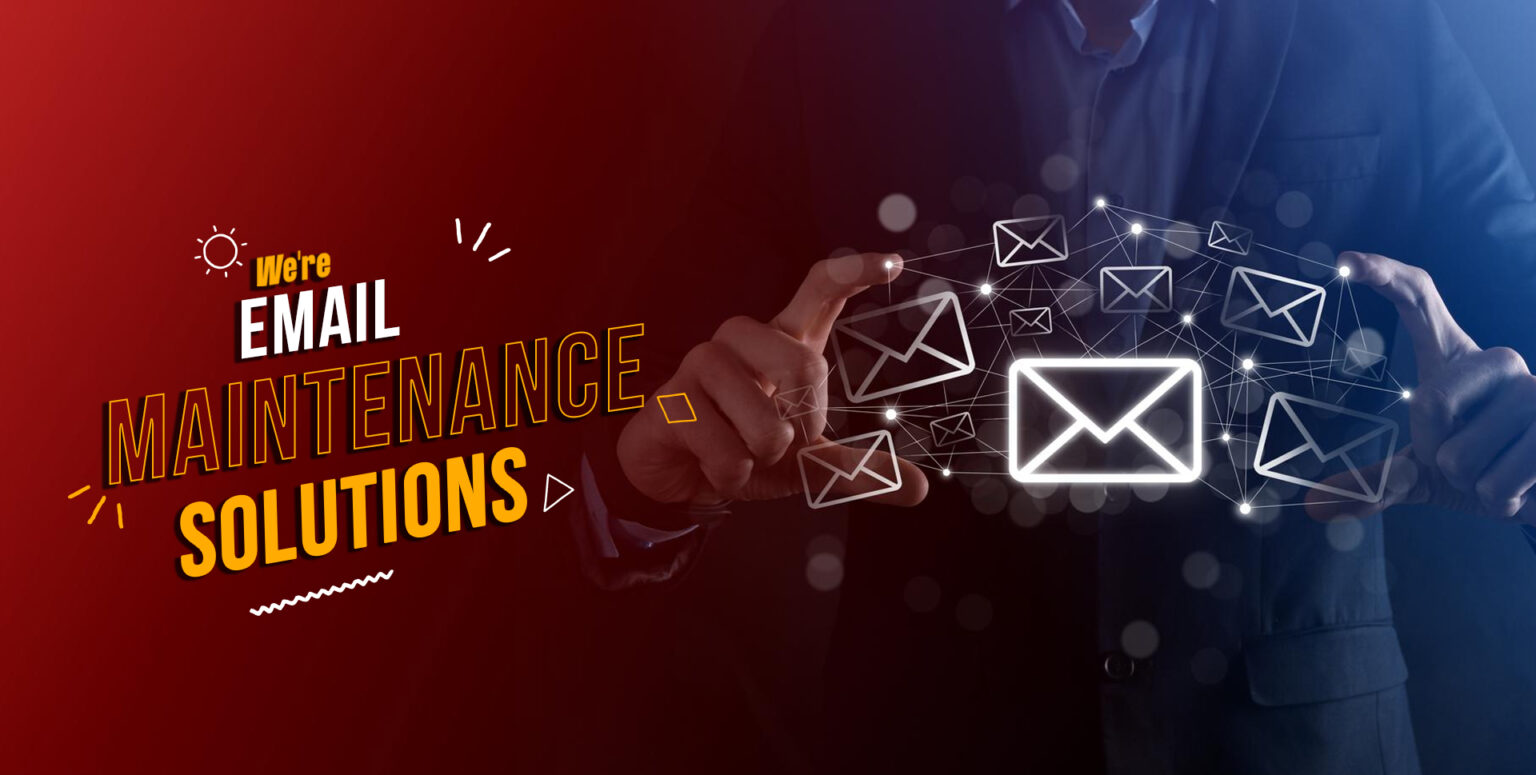
Streamline your emails with our expert maintenance
G-Suit
Microsoft
Zoho
Digital Solutions That Deliver Results
Welcome to Li Square Tech, a trusted email maintenance agency that provides reliable email server maintenance and support services to businesses of all sizes. We understand that email is a critical component of modern communication and that any downtime or issues can have a significant impact on your business operations.
At Li Square Tech, we take a proactive approach to email server maintenance to minimize downtime and ensure that your email system is always up and running. Our team provides regular monitoring and support to identify and resolve issues before they become a problem.
We also understand the importance of data security and confidentiality in email communication. That’s why we take strict measures to protect your data and ensure that your email system is secure and compliant with industry standards.
Our team is available 24/7 to provide support and assistance whenever you need it. We pride ourselves on our fast response times and our ability to resolve issues quickly and efficiently.
Connect with us
Email Maintenance
Email maintenance involves regular monitoring, updating, and managing email systems to ensure smooth operation and security. It’s important for companies to maintain reliable communication channels and protect sensitive information.
Common issues include email server downtime, slow performance, spam and malware threats, email deliverability issues, mailbox management, and compliance with data protection regulations.
The frequency of email maintenance tasks depends on factors such as the size of the company, the volume of email traffic, and the complexity of the email system. Generally, routine maintenance should be performed regularly, with more intensive tasks scheduled as needed.
Outsourcing email maintenance allows companies to access specialized expertise, reduce operational costs, ensure timely and proactive maintenance, and focus on core business activities without the burden of managing email systems internally.
Email migration involves planning, data preparation, configuration, testing, and deployment. It includes tasks such as assessing current email infrastructure, selecting a new email platform, transferring data, setting up accounts, and training users.
Key considerations include features and functionality, compatibility with existing systems, scalability, security features, compliance requirements, ease of use, and cost-effectiveness.
Companies can ensure data security and integrity by using encryption for data transfer, verifying data accuracy before and after migration, implementing access controls, and conducting thorough testing and validation procedures.
Common challenges include data loss or corruption, compatibility issues between old and new systems, downtime and disruptions to business operations, user resistance to change, and ensuring a smooth transition for all stakeholders.
Companies can minimize downtime by scheduling migrations during off-peak hours, communicating with users about expected downtime and alternative communication channels, and implementing a rollback plan in case of unforeseen issues.
Companies should provide training sessions, user guides, and online resources to help users familiarize themselves with the new email platform, troubleshoot common issues, and maximize productivity.
Companies should communicate clearly and transparently with employees about the migration process, address any concerns or questions, provide ample support and training resources, and actively solicit feedback to address issues promptly.
Best practices include implementing strong authentication and access controls, encrypting sensitive data, regularly updating security patches, educating users about phishing and malware threats, and monitoring for suspicious activity.
Companies should assess the regulatory requirements relevant to their industry and geographic location, implement appropriate security measures and access controls, and document compliance efforts to demonstrate due diligence.
Metrics include uptime and availability, data transfer completeness and accuracy, user satisfaction and adoption rates, productivity levels, and cost savings or ROI achieved through the migration process.
Ongoing maintenance tasks include monitoring system performance, applying software updates and patches, managing user accounts and permissions, troubleshooting issues, and conducting regular security audits.
Companies can ensure scalability and flexibility by choosing a cloud-based email solution that can easily scale with growing user needs, integrating with other business systems, and regularly reviewing and optimizing email infrastructure.
Email archiving involves storing and preserving email communications for compliance, legal, and operational purposes. It helps companies manage data retention policies, facilitate e-discovery, and ensure regulatory compliance.
Companies should establish channels for users to provide feedback and suggestions, regularly review user satisfaction and support tickets, prioritize enhancements and feature requests, and iterate on improvements to enhance the user experience.
Companies should implement regular data backups, maintain redundant systems and failover mechanisms, store backups in secure offsite locations, and develop a comprehensive disaster recovery plan to minimize downtime and data loss in the event of a system failure or disaster.
Companies can stay informed by following industry publications, attending webinars and conferences, participating in professional forums and communities, and collaborating with experienced email service providers and consultants.



